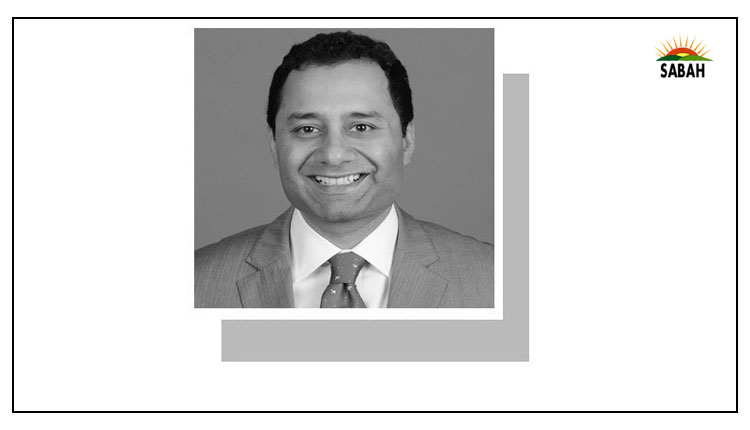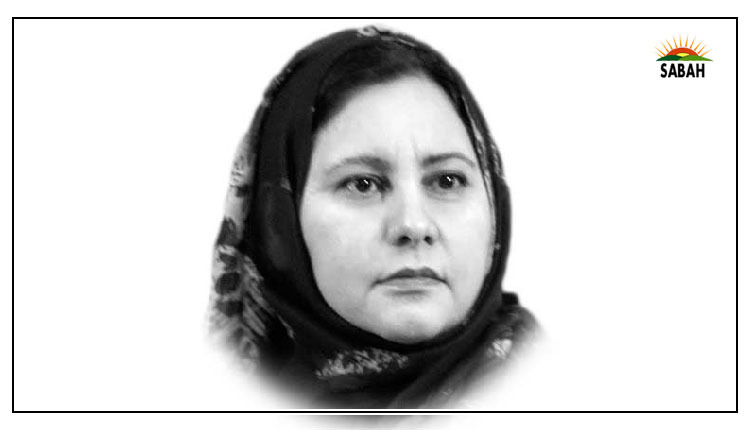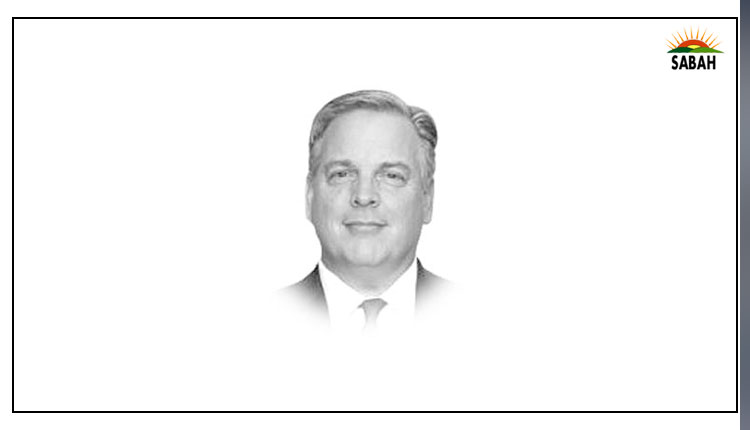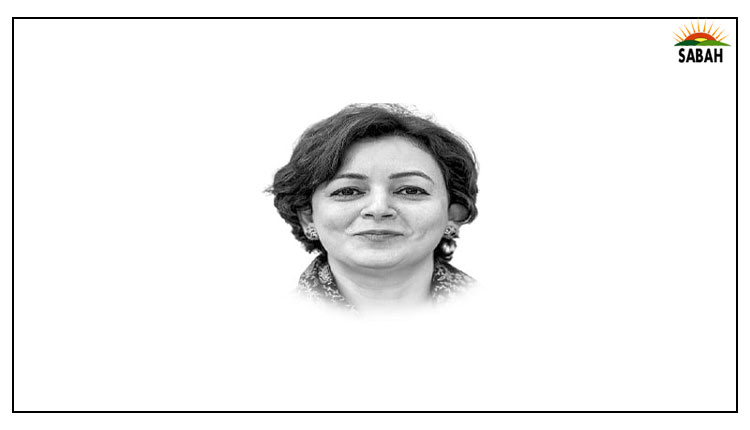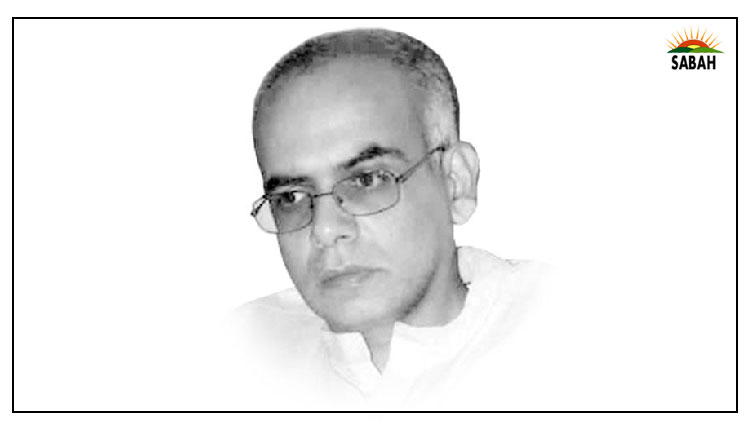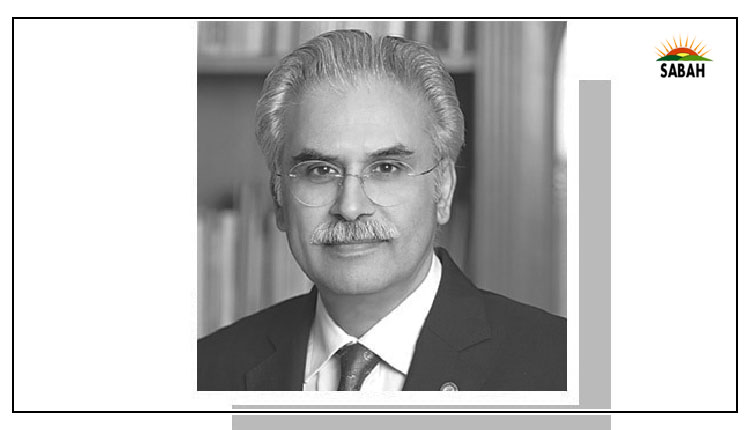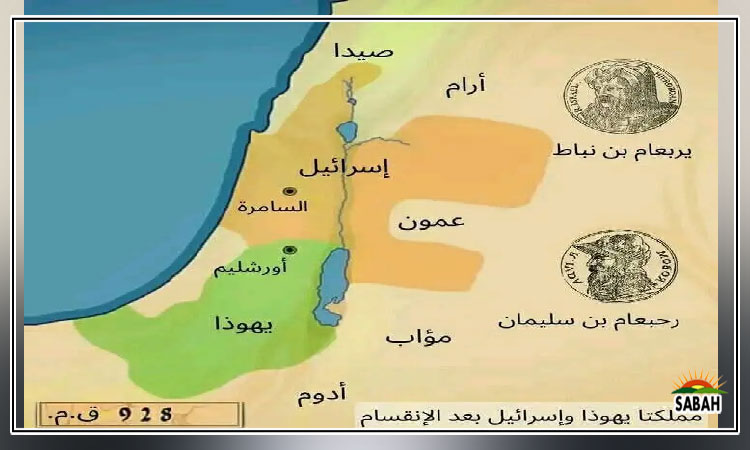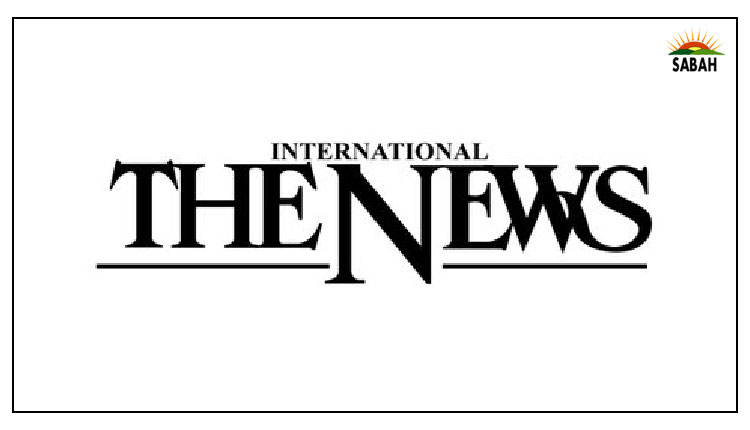Beyond macroeconomics….Dr Murtaza Khuhro
The International Monetary Fund (IMF) epitomizes a global economic paradigm rooted in inequality with little emphasis on inclusiveness.
Advocates of this model argue that some degree of inequality is essential, providing incentives for individuals and corporations to thrive. This approach implies that a significant portion of the population will invariably be denied basic human and fundamental rights.
Historically, this inequality model bolstered the capitalist system in the 19th century. The entire colonial structure was built on the premise of inequality and exploitation of economic resources. This model, especially during periods of rapid scientific and technological advancements, was immensely beneficial for corporations and colonizing nations. These systems, supported by politically influential groups or families, thrived on the inequality model.
However, this same model, coupled with skyrocketing production across various manufacturing sectors, sparked demands from emerging industrial powers for the redistribution of colonies and resources. This led to the First World War, during which countless lives were lost or forever altered.
During pivotal moments like the agricultural revolution around 1750 or the dawn of the industrial age in the late 18th to the early 19th century, the IMF did not exist. The financial institution was also absent during the first socialist revolution in Russia, where Stalin transformed a primarily agricultural nation into a formidable superpower between the late 1920s and the 1940s.
The IMF was established before the end of the Second World War; the Articles of Agreement of the IMF were adopted during the Bretton Woods Conference on July 22, 1944. Its mission to provide guidance and stability in times of crisis is detailed in Article 1(ii) which says: the goal is to facilitate the expansion and balanced growth of international trade, thereby promoting high levels of employment, real income, and development of all member nations productive resources.
Even with the IMFs ambitious goals, they (member-states) face constant criticism and scrutiny. A core question that emerges is: has the IMF truly enabled the expansion and balanced growth of international trade? Has it earnestly fostered high employment levels and spurred resource development?
Delving deeper into their stated objectives, the economic policies of the IMF underscore the development of productive resources as paramount. But what exactly falls under the umbrella of productive resources? They encompass a broad range of elements, from scientific and technological infrastructure to natural resources. However, among these, the most crucial and dynamic factor remains the human being.
The International Monetary Fund (IMF) primarily emphasizes macroeconomic indicators such as the current account balance, exchange rates, monetary policy, tax-to-GDP ratio, GDP growth and public debt, among others. However, its strategies and oversight aimed at enhancing these indicators often appear superficial and skewed.
Rather than adhering to its foundational objectives which stress elevating incomes and bolstering productive forces the IMFs interventions often resemble a one-size-fits-all solution (or a cookie-cutter approach), only addressing surface symptoms. Such a narrow approach neglects the intricate, unique socio-economic challenges individual countries face. By leaning on this generalized strategy, the IMF inadvertently risks offering solutions that might not be entirely applicable or beneficial in all contexts.
Nature has endowed humanity with an abundance of natural resources, consistent across millennia. Yet, it was the undeveloped cognitive capacity of humans that hindered our ability to convert these dormant resources into tangible, usable forms. Had humans possessed a more advanced intellectual capability, perhaps our utilization of these resources would have been more effective and diverse.
The latent potential of human intellect is boundless. But for it to be truly unlocked and to transform potential resources into kinetic ones, it requires a nurturing environment. This environment would emphasize comprehensive education and skill development, supported by a robust scientific and technological infrastructure. In essence, while natural resources have always been at our disposal, it is the enhanced brainpower, honed through education and hands-on experience in state- of-the-art settings, that allows us to harness them fully.
Thus, the challenge for institutions like the IMF is not just to ensure economic growth and stability but also to prioritize and invest in the ultimate resource: human capital. Only by equipping individuals with knowledge, skills, and resources can we hope to achieve sustained and balanced global growth.
One of the most glaring illustrations of this symptomatic approach, and its subsequent adverse outcomes, manifested during the financial crisis in the US. The 2008 economic downturn serves as a poignant case study in this regard. Many sceptics highlight this period, contending that the IMF inadvertently and indirectly played a role in amplifying the crisis. Their argument rests on the IMFs endorsement of certain precarious financial policies.
Specifically, the IMFs support for practices such as subprime lending and subprime mortgages, coupled with the unrestrained use of financial derivatives, became major points of contention. These financial instruments, while designed to stimulate economic activity and broaden the base of those who could access credit, also introduced significant systemic risks into the financial system.
Questions also arise regarding the IMFs effectiveness in aiding stagnating economies, such as that of Japan. Despite a rapidly growing economy in the 1960s, 1970s, and 1980s, Japan has faced decades of stagnation and deflation. Is the IMFs allegiance to the inequality model at fault?
Recent documents like the IMF Country Report No 23/260 for Pakistan released in July 2023 hint at solutions that lean heavily on so-called poverty reduction initiatives like the BISP. Yet, many economists would argue that sole reliance on charity programmes without a comprehensive strategy for free and compulsory high-tech education, skill development and job creation is a waste of scare resources.
Why hasnt the IMF prioritized the digitization of government processes or emphasized education and skill development for young professionals? Digitalization promises not just transparency but also increased efficiency, reduced wastage, and decreased corruption. These steps could boost wealth, raise individual incomes, augment exports, decrease imports, balance trade, and improve the tax-to-GDP ratio.
Has the IMF ever encouraged governments to implement proactive disclosures, allowing citizens to understand governmental decisions and expenditures?
Such transparency can enhance accountability, streamline operations, and ultimately confront corrupt systems. While the IMFs goals might be noble, its focus and methodology remain the subject of intense debate and scrutiny.
Courtesy The News


